Languages Supported by idioma ®
Click on a language to learn more
European languages supported by idioma ®
Arabic / Asian languages supported by idioma ®
American languages supported by idioma ®
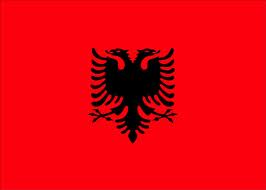
Albanian
Albanian is a language used mainly in Albania and Kosovo, but it also is practiced in other parts of the Balkans with Albanian populations as well as in some communities in Greece. The language originates from the Indo-European language group. In 1908 official, standardized Albanian was developed using the Latin alphabet as its base. Previously it had been written in various alphabets, including Greek, Arabic (Turkish version) and Cyrillic. Albanian today has approximately 6 million speakers and is of course one of the languages supported by idioma ® .
- Official language of Albania and Kosovo
- Minority language in parts of Macedonia, Montenegro and Italy
Alphabet:
A , B, C, Ç, D, Dh, E, Ë, F, G, Gj, H, I, J, K, L, Ll, M, N, Nj, O, P, Q, R, Rr, S, Sh, T, Th, U, V, X, Xh, Y, Z, Zh a , b, c, ç, d, dh, e, ë, f, g, gj, h, i, j, k, l, ll, m, n, nj, o, p, q, r, rr, s, sh, t, th, u, v, x, xh, y, z, zh
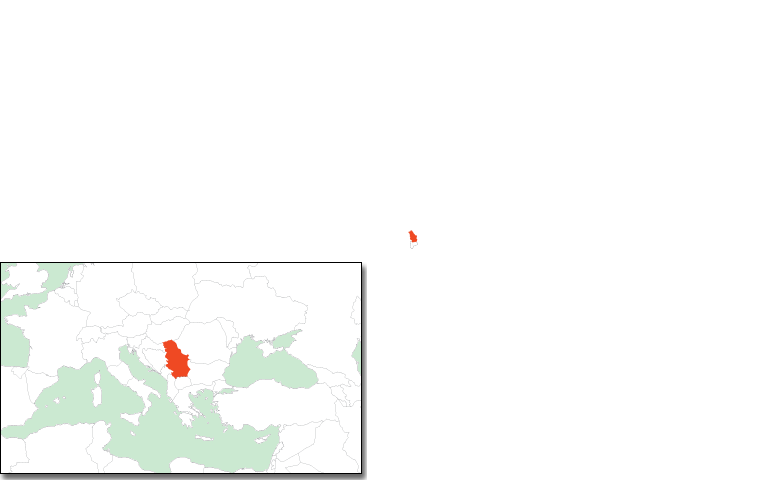
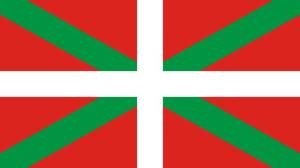
Basque
Alphabet:
A B C D E F G H I J K L M N Ñ O P Q R S T U V W X Y Z
a b c d e f g h i j k l m n ñ o p q r s t u v w x y z
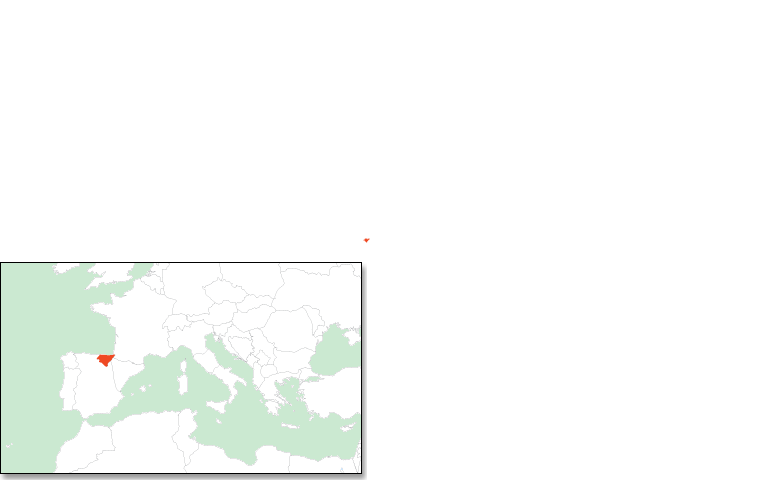
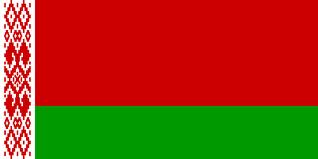
Belarusian
Alphabet:
А Б В Г Д Е Ё Ж З И Й К Л М Н О П Р С Т У Ф Х Ц Ч Ш Ы Ь Э Ю Яа б в г д е ё ж з и й к л м н о п р с т у ф х ц ч ш ы ь э ю я
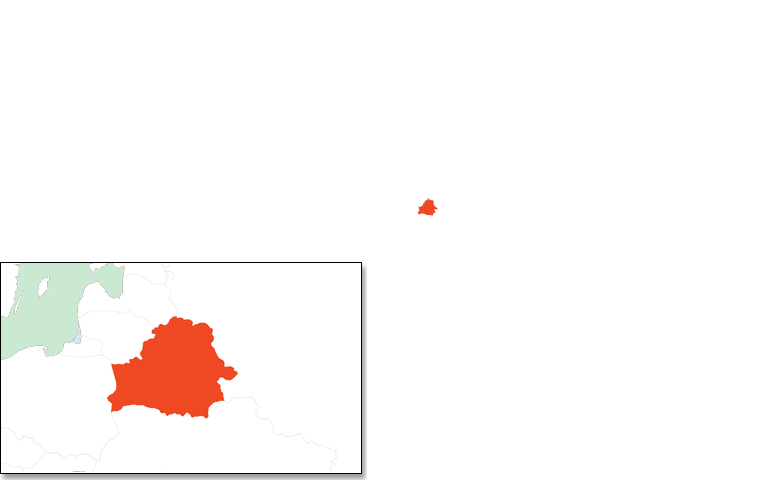
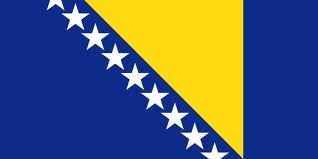
Bosnian
For various reasons, Bosnian is also referred to as Bosniak.
- Official language in Bosnia and Herzegovina as well as Montenegro
- Native language of a little over 2 million people
Alphabet:
Latin
A B C Č Ć D Dž ĐE F G H I J K Lj M N Nj O P R S Š T U V Z Ž
a b c č ć d dž đ e f g h I j k l lj m n nj o p r s š t u v z ž
Cyrillic
А Б Ц Ч Ћ Д Џ Ђ Е Ф Г Х И Ј К Л Љ М Н Њ О П Р С Ш Т У В З Ж
а б ц ч ћ д џ ђ е ф г х и ј к л љ м н њ о п р с ш т у в з ж
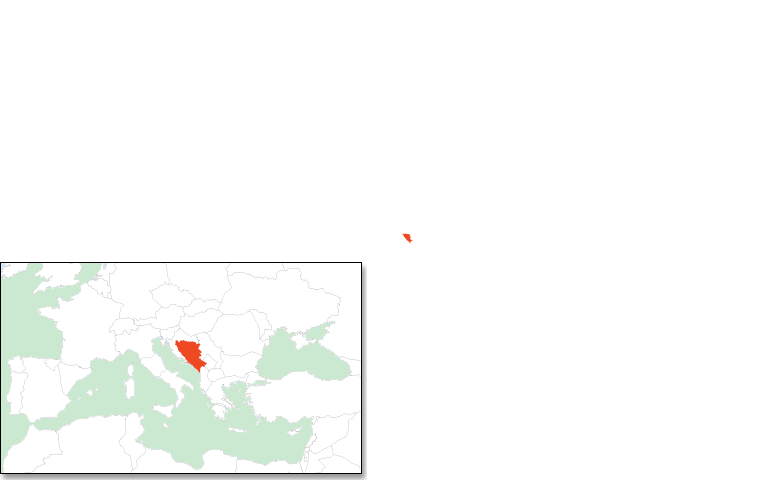
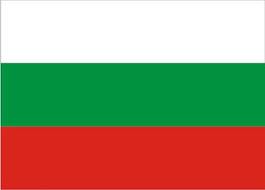
Bulgarian
- Spoken by about 10 million people of which 8 million are in Bulgaria
- Official language of Bulgaria
- Official EU language since 2007
- Cyrillic is the EU’s third official alphabet
- Alphabet:
А Б Г Д Е Ж З И Й К Л М Н О П Р С Т У Ф Х Ц Ч Ш Щ Ъ Ю Я а б г д е ж з и й к л м н о п р с т у ф х ц ч ш щ ъ ь ю я
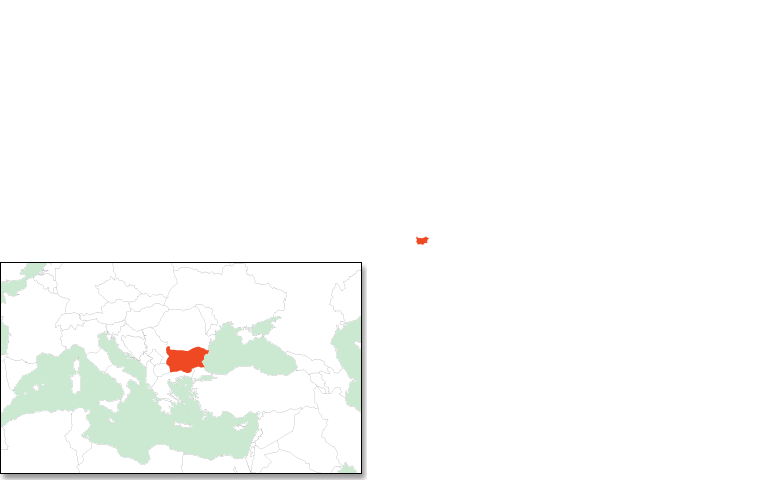

Catalan
- Somewhere between 9 and 10 million speakers, not necessarily native.
- Alphabet:
A B C Ç D E F G H I J K L M N O P Q R S T U V W X Y Z
a b c ç d e f g h i j k l m n o p q r s t u v w x y z
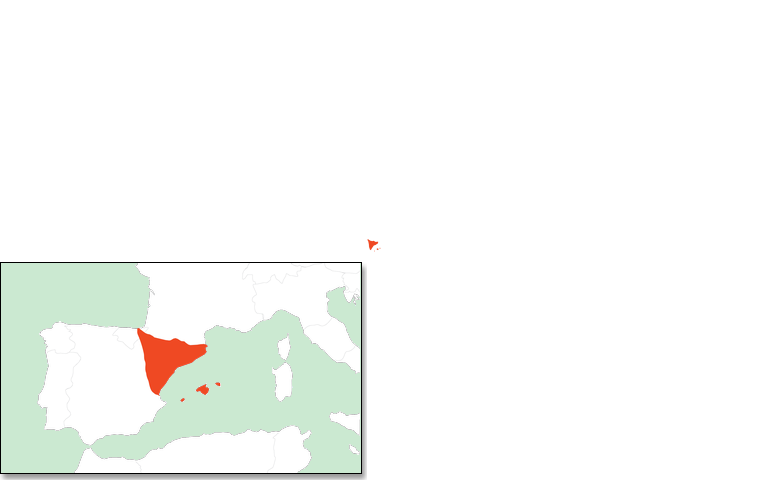
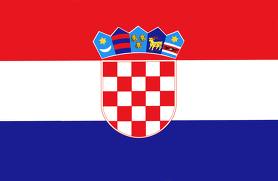
Croatian
- Spoken by 4,800,000 native speakers and approx. 6.5 million people around the world
- Croatian is an official language in Croatia
- Three-letter code: HRV
- Alphabet:
A B C Č D Dž Đ E F G H I J K L Lj M N Nj O P R S Š T U V Z Ž a b c č d dž đ e f g h i j k l lj m n nj o p r s š t u v z ž
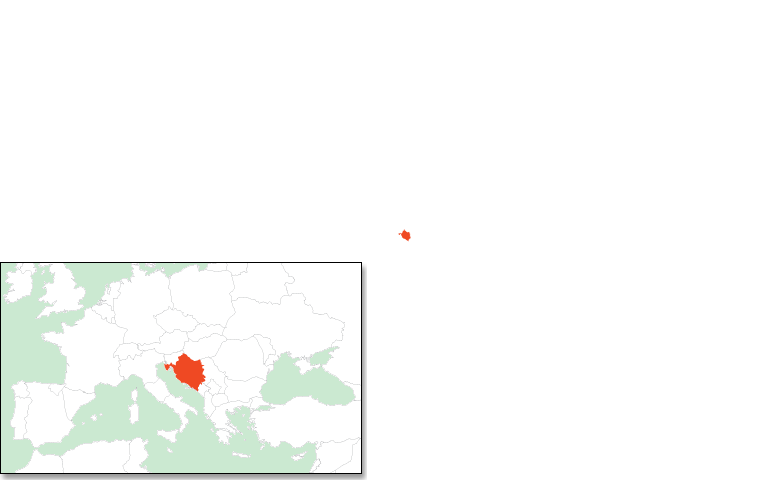

Czech
- Official EU language
- Some words do not have vowels: zmrzl (froze solid), ztvrdl (hardened), scvrkl (shrunk), vlk (wolf) and smrt (death)
- Alphabet:
A Á B C Č D Ď E É Ě F G H Ch I Í J K L M N Ň O Ó P Q R Ř S Š T Ť U Ú Ů V W X Y Ý Z Ž a á b c č d ď e é ě f g h ch i í j k l m n ň o ó p q r ř s š t ť u ú ů v w x y ý z ž

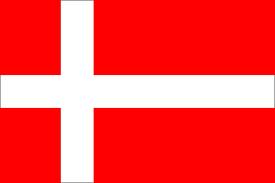
Danish
- Danish has 5.3 million native speakers
- Danish is a secondary official language of Greenland and the Faeroe Islands
- Official EU language
- Alphabet:
A B C D E F G H I J K L M N O P Q R S T U V W X Y Z Æ Ø Å
a b c d e f g h i j k l m n o p q r s t u v w x y z æ ø å
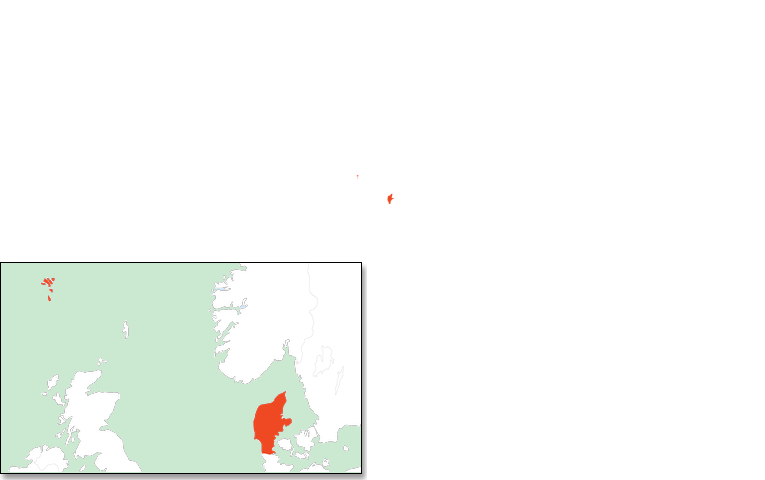

Dutch
- Spoken by 24 million people around the world, primarily in the Netherlands and Belgium
- Dutch is an official language in Belgium. Sometimes this is referred to as Flemish, Vlaams, which covers a group of Dutch dialects with slight differences from standard Dutch
- Official EU language
- Alphabet:
A B C D E F G H I J K L M N O P Q R S T U V W X Y IJ Z
a b c d e f g h i j k l m n o p q r s t u v w x y ij z


English
- Official EU language
- One of six official languages of the United Nations
- One of the three working languages of the European Commission
- Spoken by more than 250 million people in the USA, 180 million people in India, 58 million in the UK, 18 million in Canada, and 16 million in Australia
- Modern English is the dominant language in international communications.
- Alphabet:
A B C D E F G H I J K L M N O P Q R S T U V W X Y Z
a b c d e f g h i j k l m n o p q r s t u v w x y z

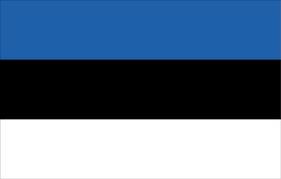
Estonian
- Estonian is currently spoken by less than a million people in Estonia and smaller communities scattered throughout the world.
- Estonian is the official language of the Republic of Estonia.
- Official EU language
- Alphabet:
A B D E G H I J K L M N O P R S T U V Õ Ä Ö Ü a b d e g h i j k l m n o p r s t u v õ ä ö ü

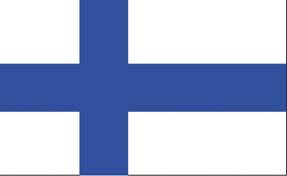
Finnish
- Finnish is spoken by a little more than 5 million people in Finland
- Official EU language
- Alphabet:
A B C D E F G H I J K L M N O P Q R S T U V X Y Z Å Ä Ö
a b c d e f g h i j k l m n o p q r s t u v x y z å ä ö

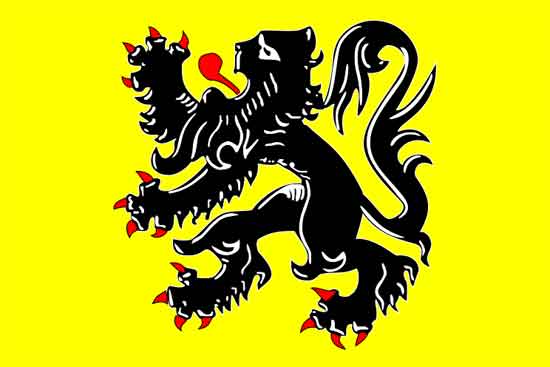
Flemish
- 6.1 millions speakers in Flanders, Belgium
Standard Dutch alphabet:
A B C D E F G H I J K L M N O P Q R S T U V W X Y IJ Z
a b c d e f g h i j k l m n o p q r s t u v w x y ij z
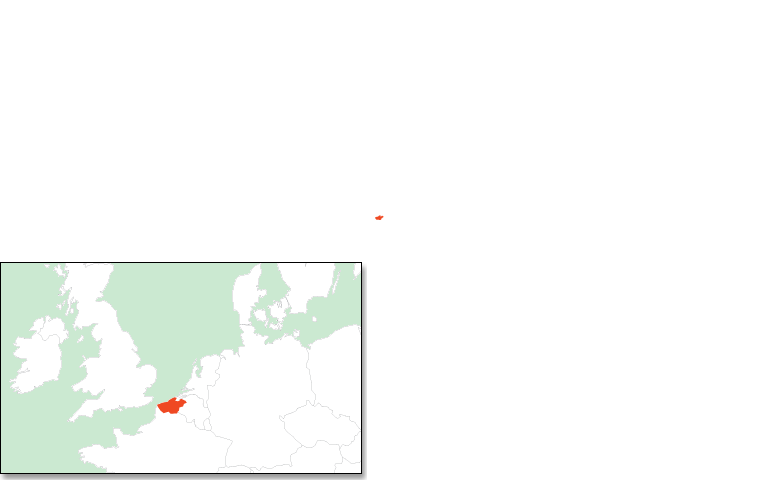

French
- Official EU language
- One of the three working languages of the European Commission
Alphabet:
A B C D E F G H I J K L M N O P Q R S T U V W X Y Z
a b c d e f g h i j k l m n o p q r s t u v w x y z

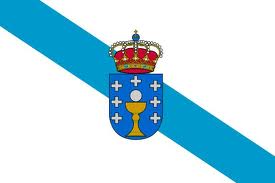
Galician
Alphabet:
A B C D E F G H I J K L M N Ñ O P Q R S T U V W X Y Z
a b c d e f g h i j k l m n ñ o p q r s t u v w x y z
The letters J, K, W ad Y are only used for loan words.
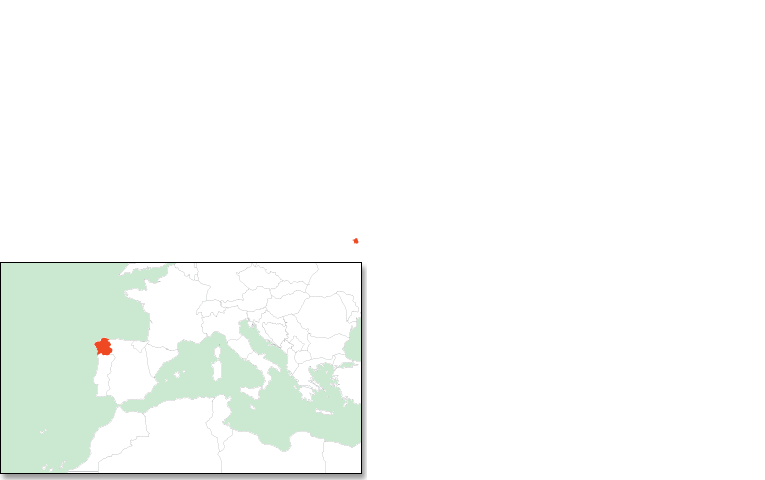

German
- Official EU language
- Native language of around 100 million people with about 80 million non-native speakers
- One of the three working languages of the European Commission
Alphabet:
A B C D E F G H I J K L M N O P Q R S T U V W X Y Z
a b c d e f g h i j k l m n o p q r s t u v w x y z


Greek
- Spoken by over 17 million people around the world, mainly in Greece but also in the U.S.A., Canada, Germany, Brazil, Australia, etc. A dialect of Greek (Greek Cypriot) is also spoken in Cyprus
- Greek is the official language in Greece and in Cyprus
- Official EU language
Alphabet:
Α Β Γ Δ Ε Ζ Η Θ Ι Κ Λ Μ Ν Ξ Ο Π Ρ Σ Τ Υ Φ Χ Ψ Ω α β γ δ ε ζ η θ ι κ λ μ ν ξ ο π ρ σ τ υ φ χ ψ ω

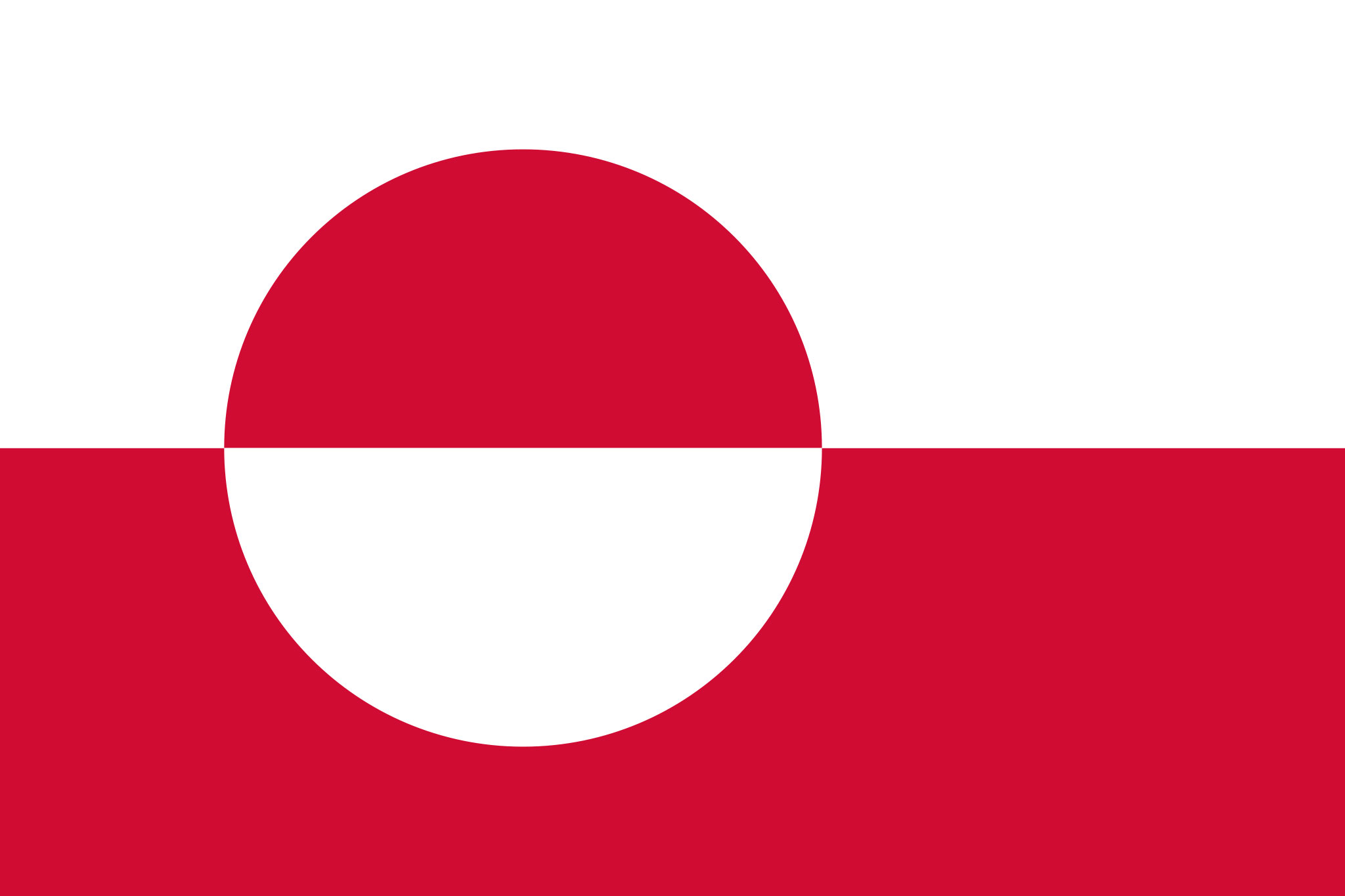
Greenlandic
- Only official language of Greenland since 2009 when Danish was abandoned
- 58,000 native speakers
- Written in Latin script since it became a Danish colony in the 1700s
Alphabet:
The Greenlandic alphabet is very short:
A E F G I J K L M N O P Q R S T U V
a e f g i j k l m n o p q r s t u v

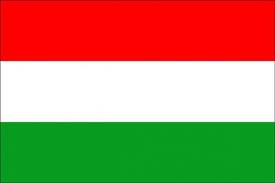
Hungarian
- Hungarian has about 14.5 million native speakers, mostly in Hungary and its seven neighboring countries
- Agglutinative language, which uses suffixes and prefixes extensively
- Features vowel harmony
- Hungarian uses the Latin alphabet, with several extra letters: accented vowels (á, é, í, ó, ö, ő, ú, ü, ű), digraphs (two characters representing a single letter (cs, dz, gy, ly, ny, sz, ty, zs) and even a trigraph (dzs)
- Official EU language
Alphabet:
A Á B C Cs D Dz Dzs E É F G Gy H I Í J K L Ly M N Ny O Ó Ö Ő P (Q) R S Sz T Ty U Ú Ü Ű V (W) (X) (Y) Z Zs a á b c cs d dz dzs e é f g gy h i í j k l ly m n ny o ó ö ő p (q) r s sz t ty u ú ü ű v (w) (x) (y) z zs
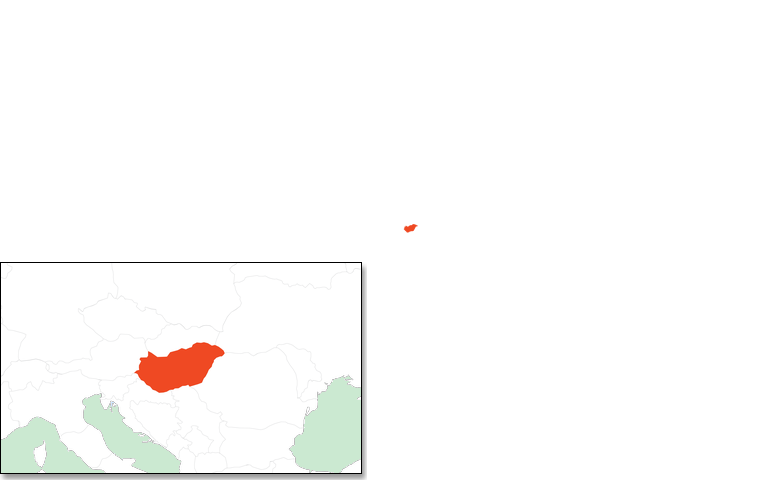
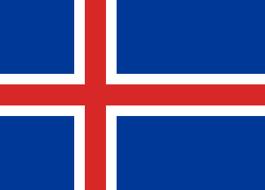
Icelandic
- Spoken by around 300,000 people, the entire population of Iceland
- The insular nature of the Icelandic people has meant that the Icelandic language retained its purity over the centuries
Alphabet:
A Á B D Ð E É F G H I Í J K L M N O Ó P R S T U Ú V X Y Ý Þ Æ Ö
a á b d ð e é f g h i í j k l m n o ó p r s t u ú v x y ý þ æ ö


Irish
- Official EU language
- Native speakers estimated at between 20,000 and 30,000
Alphabet:
A Á B C D E É F G H I Í L M N O Ó P R S T U Ú
a á b c d e é f g h i í l m n o ó p r s t u ú
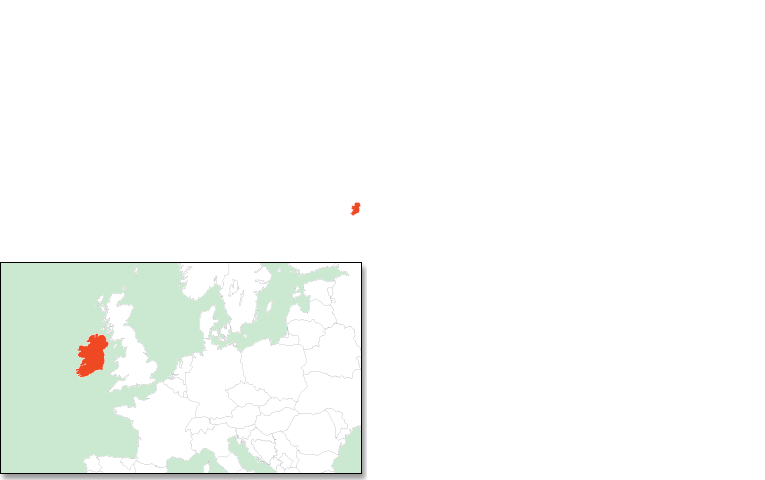

Italian
- Official EU language
- Primary language of the Vatican City
Alphabet:
A B C D E F G H I J K L M N O P Q R S T U V W X Y Z
a b c d e f g h i j k l m n o p q r s t u v w x y z


Latin
- Latin is spoken daily by around 800 people
- Latin is the official language of the Vatican City
Compared to the English alphabet, the Latin language has 23 letters and lacks the letters: J, U, and W and it does not have a cursive script.
Alphabet:
A B C D E F G H I K L M N O P Q R S T V X Y Z
a b c d e f g h i k l m n o p q r s t v x y z

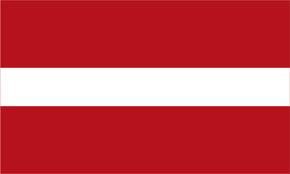
Latvian
- Latvian is the official state language of Latvia.
- There are about 1.5 million native Latvian speakers in Latvia and about 150,000 abroad.
- Latvian is an official EU language.
Alphabet:
A, Ā, B, C, Č, D, E, Ē, F, G, Ģ, H, I, Ī, J, K, Ķ, L, Ļ, M, N, Ņ, O, P, R, S, Š, T, U, Ū, V, Z, Ž a b c d e f g h i k l m n o p q r s t v x y z
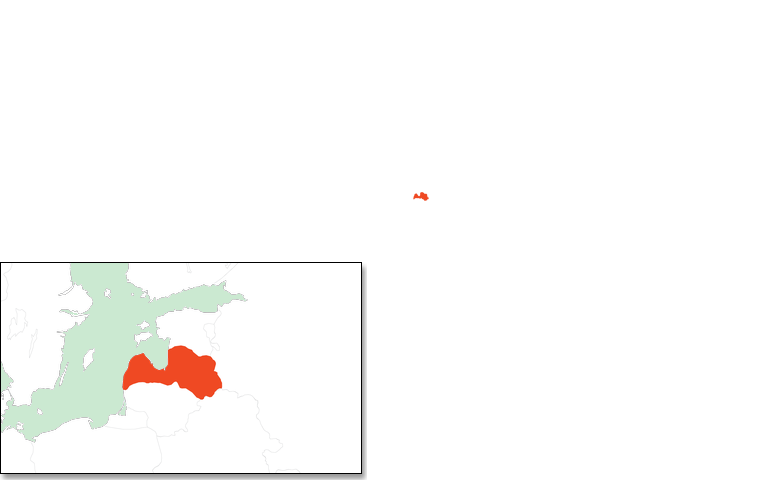
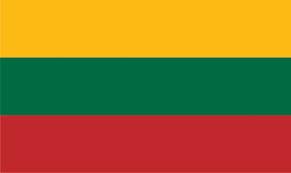
Lithuanian
- Lithuanian has 3.4 million native speakers.
- It is spoken in Lithuania and, as a language of Lithuanian ethnical minorities, in the UK, Ireland, Poland, Belarus, Canada, the USA and other countries.
- It is an official language in Lithuania.
- Latvian is an official EU language.
Alphabet:
A Ą B C Č D E Ę Ė F G H I Į Y J K L M N O P R S Š T U Ų Ū V Z Ž a ą b c č d e ę ė f g h i į y j k l m n o p r s š t u ų ū v z ž
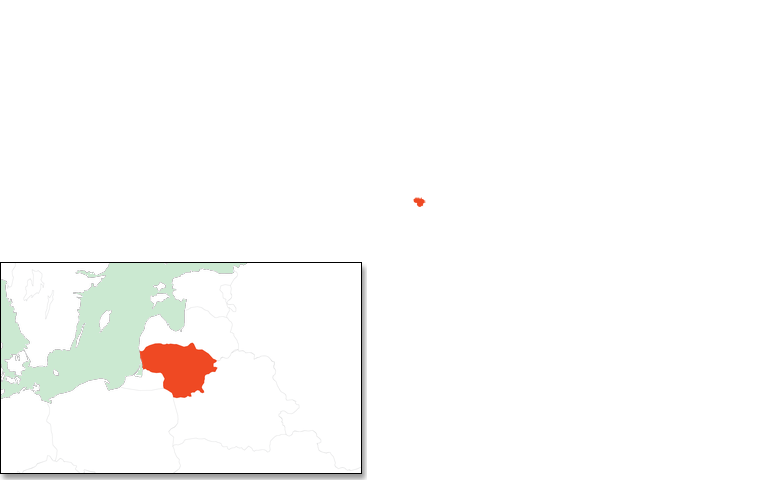
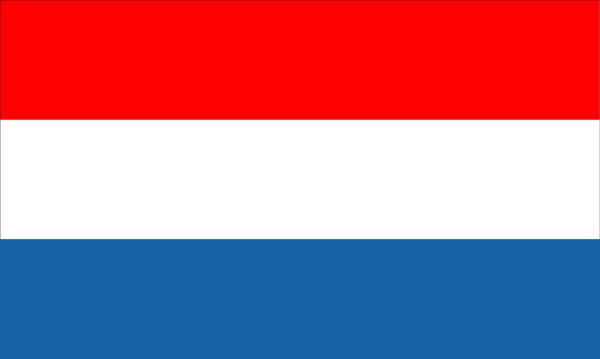
Luxembourgian
- Official language of Luxembourg
- Spoken by some 300,000 people
Alphabet:
The Luxembourgian alphabet consists of the 26 Latin letters and has three modified letters: é, ä and ë.
A B C D E F G H I J K L M N O P Q R S T U V W X Y Z
a b c d e f g h i j k l m n o p q r s t u v w x y z
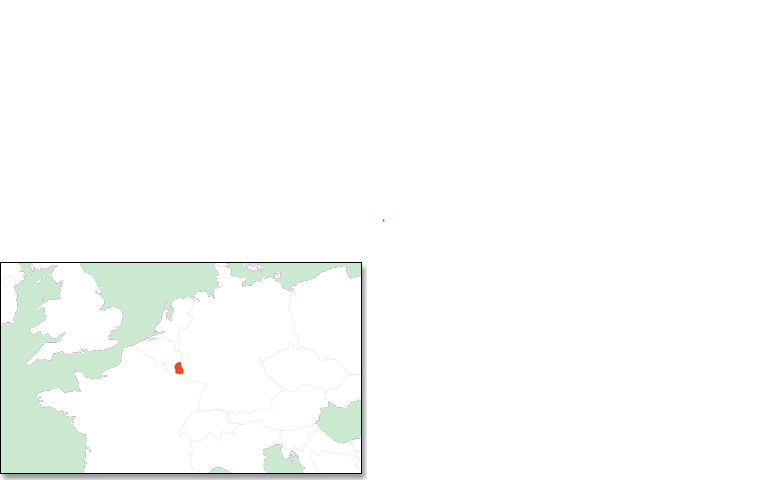
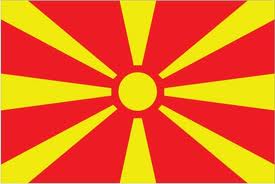
Macedonian
Macedonian is the official language of Macedonia, a country with geographic location in the Balkans and bordered by Serbia, Albanian, Greece and Bulgaria. It is a minority language in Albania. The language belongs to the South Slavic branch of the Indo-European languages and is closely related to Bulgarian and Serbian with mutual intelligibility between the three languages.
- Approximately 2 million speakers not accounting for about 500,000 speakers in the rest of the world
Alphabet:
А Б В Г Д Ѓ Е Ж З Ѕ И Ј К Л Љ М Н Њ О П Р С Т Ќ У Ф Х Ц Ч Џ Ш а б в г д ѓ е ж з ѕ и ј к л љ м н њ о п р с т ќ у ф х ц ч џ ш
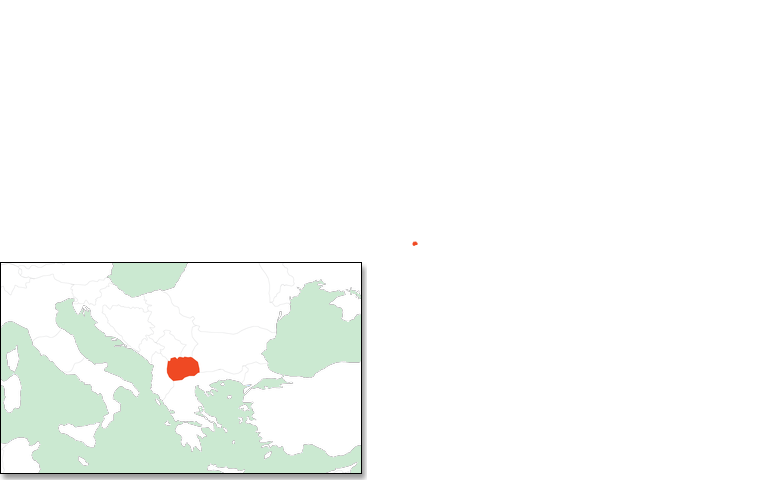
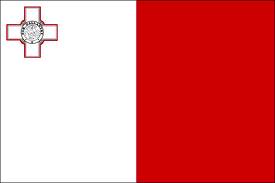
Maltese
- Official EU language
- Estimated 500,000 Maltese speakers, 400,000 of which lives in Malta
Alphabet:
A B Ċ D E F Ġ G H Ħ I IE J K L M N O P Q R S T U V W X Z Ż
a b ċ d e f ġ g h ħ i ie j k l m n o p q r s t u v w x z ż
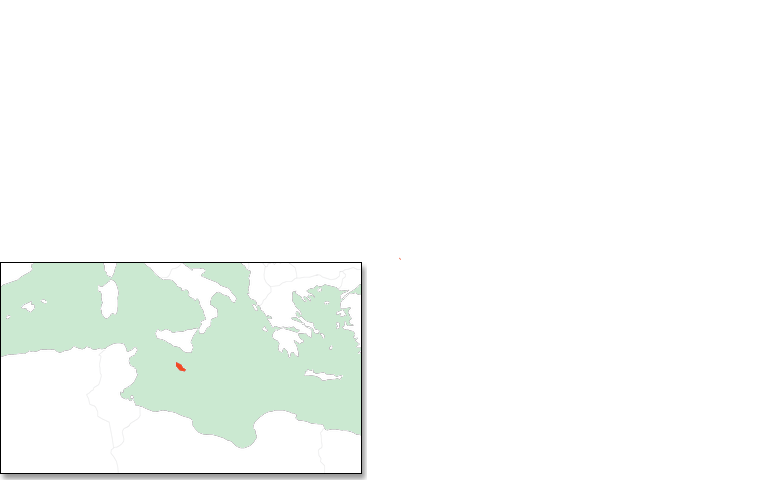
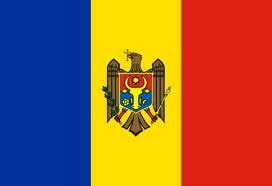
Moldavian
Alphabet:
A B V G/Gh D E/Ie J G Z I/Ii I C/Ch L M N O P R S T U F H Ţ C Ş Â/Î I Ă Iu Ea
a b v g/gh d e/ie j g z i/ii i c/ch l m n o p r s t u f h ţ c ş â/î i ă iu ea
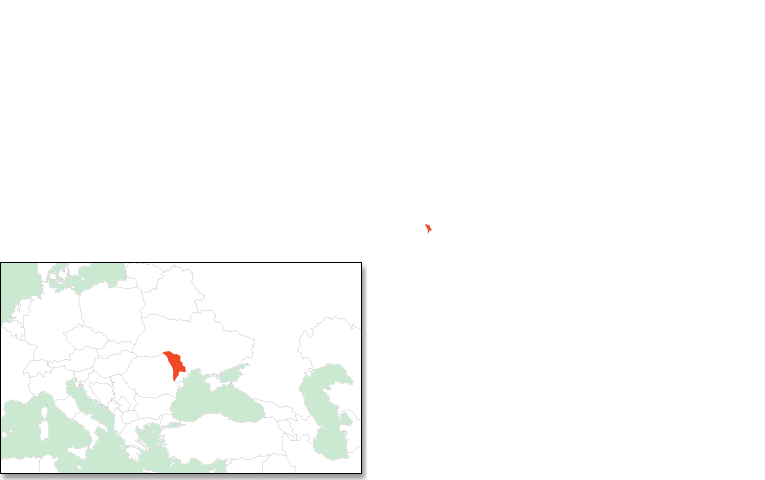
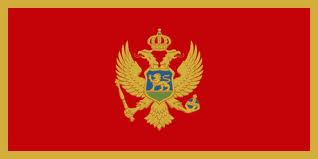
Montenegrin
- Spoken by over 140 thousand people primarily in the Montenegro.
- Montenegrin was proclaimed as the official language of Montenegro in the new Constitution on 22 October 2007.
Alphabet:
A B C Č Ć D Đ E F G H I J K L M N O P Q R S Š T U V W X Y Z Ž
a b c č ć d đ e f g h i j k l m n o p q r s š t u v w x y z ž
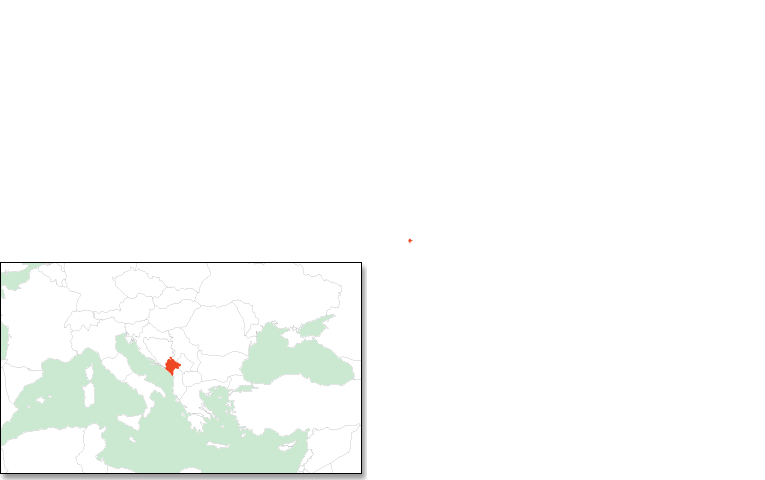
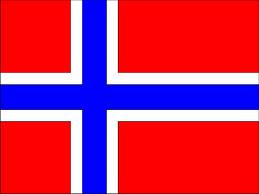
Norwegian
- Norwegian has slightly more than 4 million native speakers (of which around 0.5 million practice Nynorsk)
- The private and commercial sectors of Norway’s economy are dominated completely by Bokmål, while all public bodies uphold both variants
Alphabet:
A B C D E F G H I J K L M N O P Q R S T U V W X Y Z Æ Ø Å
a b c d e f g h i j k l m n o p q r s t u v w x y z æ ø å


Polish
- Spoken by around 46 million people around the world, primarily in Poland (around 38 million), and by immigrant communities in many countries in Europe, the UAE and USA (11 million Polish Americans)
- There are no definite or indefinite articles in Polish
- Official EU language
Alphabet:
A Ą B C Ć D E Ę F G H I J K L Ł M N Ń O Ó P R S Ś T U W Y Z Ź Ż
a ą b c ć d e ę f g h i j k l ł m n ń o ó p r s ś t u w y z ź ż

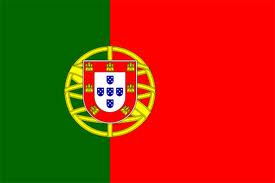
Portugese
- Portuguese is the official language of Portugal and Brazil and in a number of Africa nations.
- Portuguese is an official EU language.

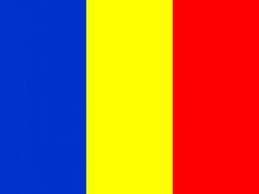
Romanian
- Official language of Romania and Moldova
- Romanian has 22 millions native speakers in Romania
- Official EU language
Alphabet:
A Ă Â B C D E F G H I Î J K L M N O P Q R S Ş T Ţ U V W X Y Z a ă â b c d e f g h i î j k l m n o p q r s ş t ţ u v w x y z
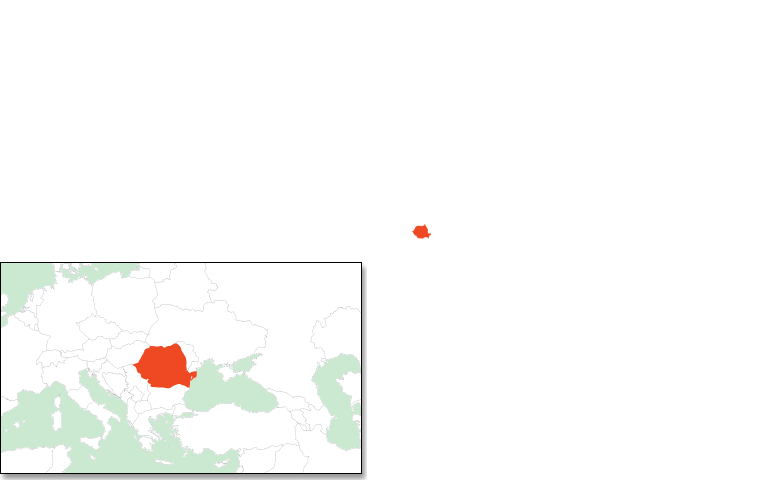

Russian
- Spoken primarily in Russia and Belarus
- One of six official languages of the United Nations
- Official EU language
Alphabet:
А Б В Г Д Е Ё Ж З И Й К Л М Н О П Р С Т У Ф Х Ц Ч Ш Щ Ъ Ы Ь Э Ю Я а б в г д е ё ж з и й к л м н о п р с т у ф х ц ч ш щ ъ ы ь э ю я

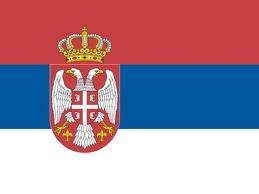
Serbian
- 6.5 million speakers in Serbia
- 500,000 speakers in Montenegro
- 1.6 million speakers in Bosnia-Herzegovina
Alphabet:
А Б В Г Д Е Ё Ж З И Й К Л М Н О П Р С Т У Ф Х Ц Ч Ш Щ Ъ Ы Ь Э Ю Я а б в г д е ё ж з и й к л м н о п р с т у ф х ц ч ш щ ъ ы ь э ю я
A B C Č Ć D Dž Đ E F G H I J K L Lj M N Nj O P R S Š T U V Z Ž
a b c č ć d dž đ e f g h i j k l lj m n nj o p r s š t u v z ž
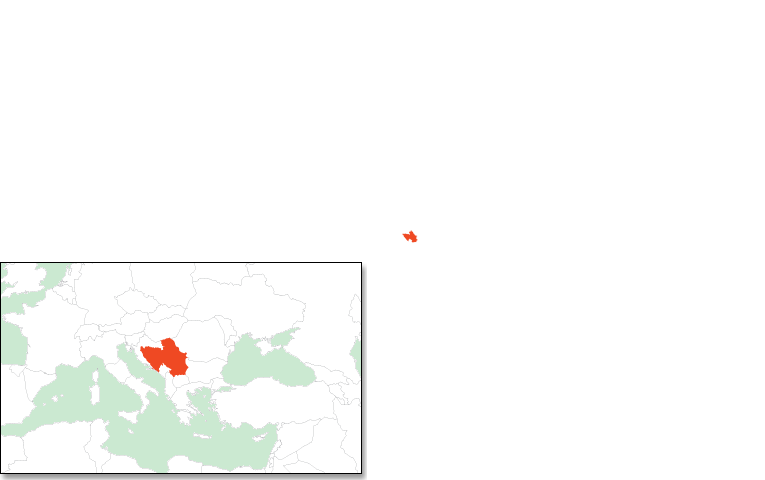
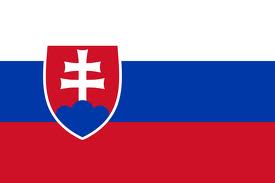
Slovak
- Official language in Slovakia and Vojvodina (in Serbia)
- Slovak is an official EU language
- 5 million native speakers in Slovakia
- Spoken by small minorities in the USA, Czech, Republic and Serbia
Alphabet: A Á Ä B C Č D Ď Dz Dž E É F G H Ch I Í J K L Ĺ Ľ M N Ň O Ó Ô P Q R Ŕ S Š T Ť U Ú V W X Y Ý Z Ž
a á ä b c č d ď dz dž e é f g h ch i í j k l ĺ ľ m n ň o ó ô p q r ŕ s š t ť u ú v w x y ý z ž
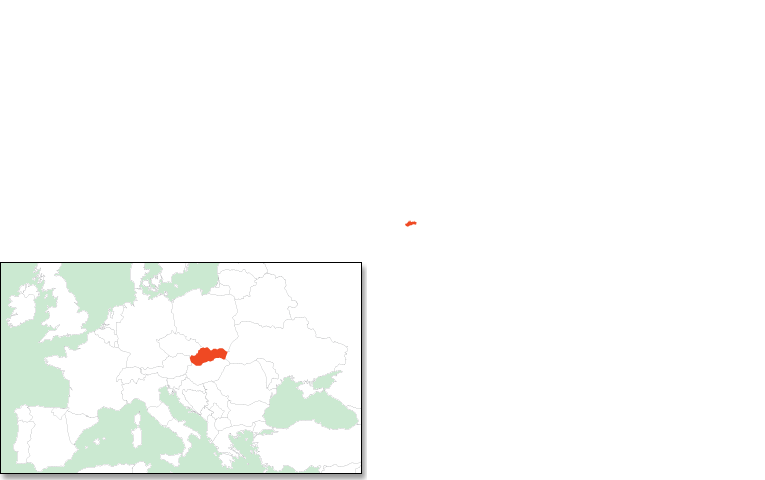
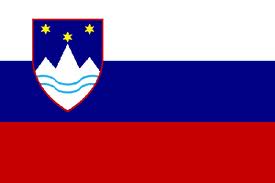
Slovenian
- Official language of Slovenia
- Slovenian is an official EU language.
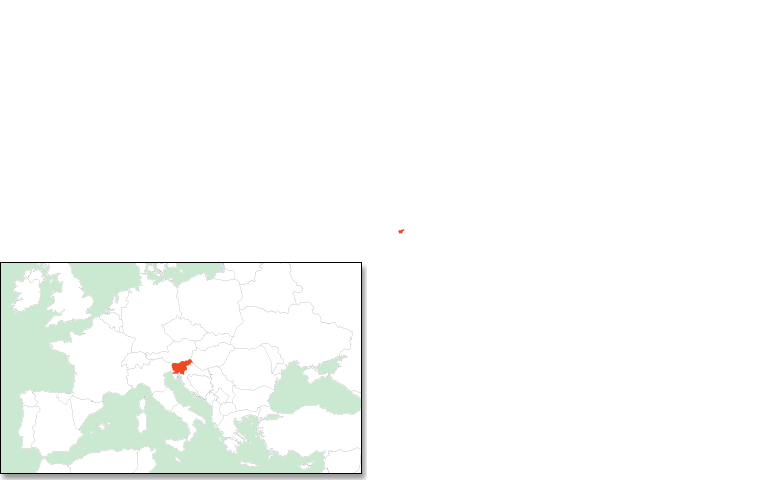

Spanish
Spanish is the official language of more than twenty countries, mainly in the Americas besides Spain, but it is generally spoken on all five continents.
- Official EU language
- One of six official languages of the United Nations
Alphabet:
A B C D E F G H I J K L Ll M N Ñ O P Q R S T U V W X Y Z
a b c d e f g h i j k l ll m n ñ o p q r s t u v w x y z


Swedish
- Official EU language
- Spoken by approximately 9 million people in Sweden
- Swedish is also one of the official languages in Finland where is it spoken by around 300,000 people
Alphabet:
A B C D E F G H I J K L M N O P Q R S T U V W X Y Z Å Ä Ö
a b c d e f g h i j k l m n o p q r s t u v w x y z å ä ö


Turkish
- Spoken by 63 million people mainly in Turkey and Greece
- Uses the Latin alphabet but with some variants
Alphabet: A B C Ç D E F G Ğ H I I J K L M N O Ö P R S Ş T U Ü V Y Z
a b c ç d e f g ğ h ı i j k l m n o ö p r s ş t u ü v y z

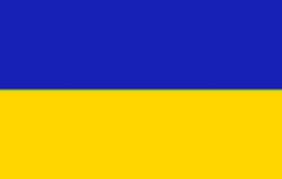
Ukrainian
Alphabet: А Б В Г Ґ Д Е Є Ж З И І Ї Й К Л М Н О П Р С Т У Ф Х Ц Ч Ш Щ Ь Ю Я
а б в г ґ д е є ж з и і ї й к л м н о п р с т у ф х ц ч ш щ ь ю я
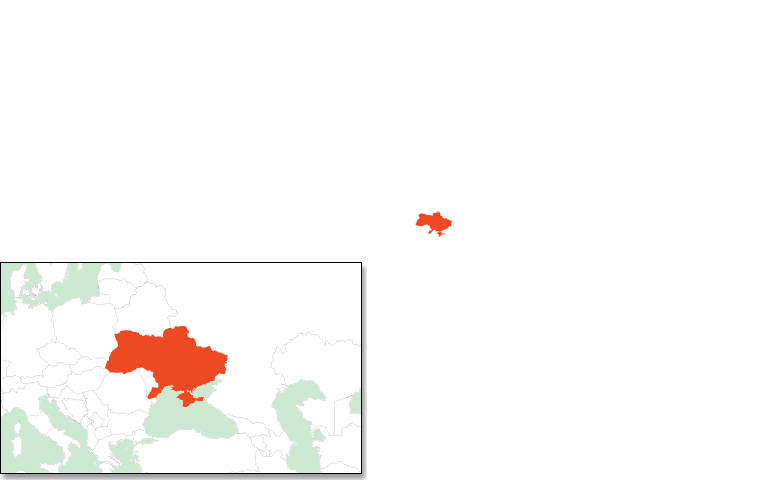

Arabic
- As the Arabic world is very large, it is not surprising that a large number of Arabic dialects have developed.
- Arabic is the official language of 25 different nations.
- Arabic can be sub-classified as follows: Classical Arabic, Modern Standard Arabic and Colloquial Arabic.
- The Arabic alphabet has twenty-eight (28) letters.
- Official UN language
Alphabet:
أ ب ت ث ج ح خ د ذ ر ز س ش ص ض ط ظ ع غ ف ق ك ل م ن ه و ي

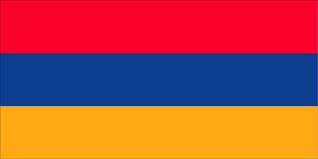
Armenian
- 5.5 million speakers
Alphabet:
Ա Բ Գ Դ Ե Զ Է Ը Թ Ժ Ի Լ Խ Ծ Կ Հ Ձ Ղ Ճ Մ Յ Ն Շ Ո Չ Պ Ջ Ռ Ս Վ Տ Ր Ց Ւ Փ Ք Օ Ֆ ա բ գ դ ե զ է ը թ ժ ի լ խ ծ կ հ ձ ղ ճ մ յ ն շ ո չ պ ջ ռ ս վ տ ր ց ւ փ ք օ ֆ
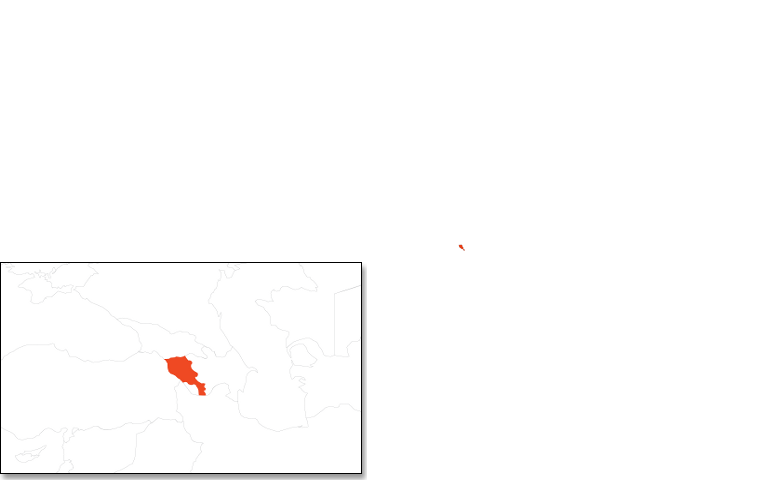
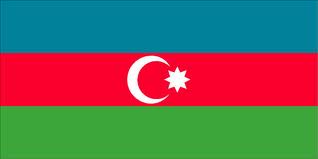
Azerbaijani
- Spoken by some 25-35 million people
- Official language in Azerbaijan
- One of the official languages in Dagestan
Alphabet:
LatinA Ə B C Ç D E F G Ğ H X I İ J K Q L M N O Ö P R S Ş T U Ü V Y Za ə b c ç d e f g ğ ı i j k q l m n o ö p r s ş t u ü v y z
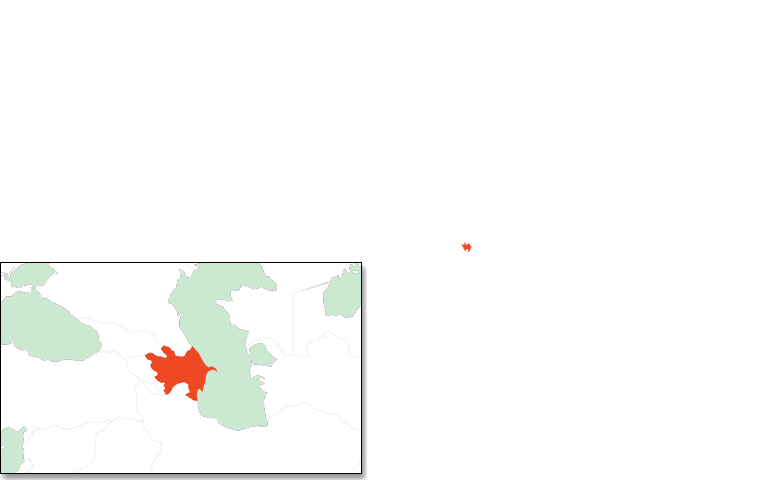
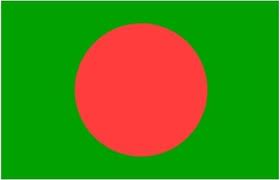
Bengali
- Official language in Bangladesh
- Official language status in West Bengal, Tripura and Barak Valley (in India)
- Approximately 203 million native speakers
Alphabet:
Vowels:
অ, আ, ই, ঈ, উ, ঊ, ঋ, এ, ঐ, ও, ঔ
Consonants:
ক, খ, গ, ঘ, ঙ; চ, ছ, জ, ঝ, ঞ; ট, ঠ, ড, ঢ, ণ; ত, থ, দ, ধ, ন; প, ফ, ব, ভ, ম; য, র, ল, ব; শ, ষ, স, হ; ড়, ঢ়, য়;


Chinese Simplified
- Working language of the U.N.
Alphabet samples:
欢迎您采用我们的翻译服务


Chinese Traditional
- Used by most people in the world. Nearly one fifth of the world population, about 1.3 billion people, speak Chinese as their mother language.
- One of the most ancient languages in the world, with a history of 6000 years.
- Working language of the U.N.
Alphabet samples:
欢迎您采用我们的翻译服务
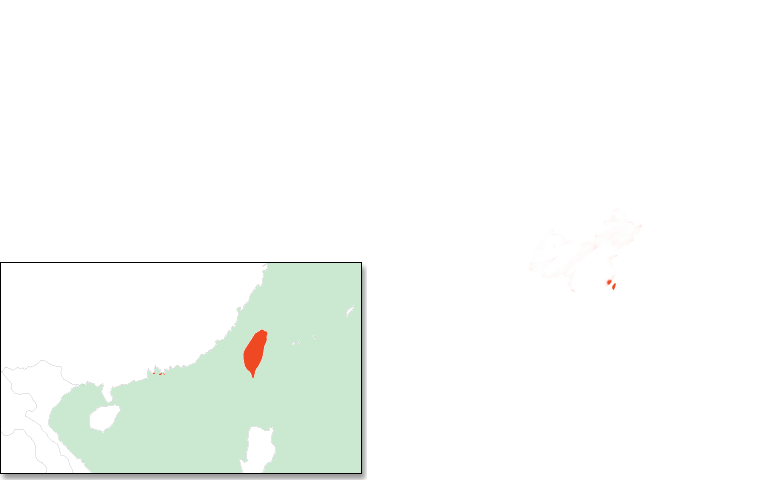
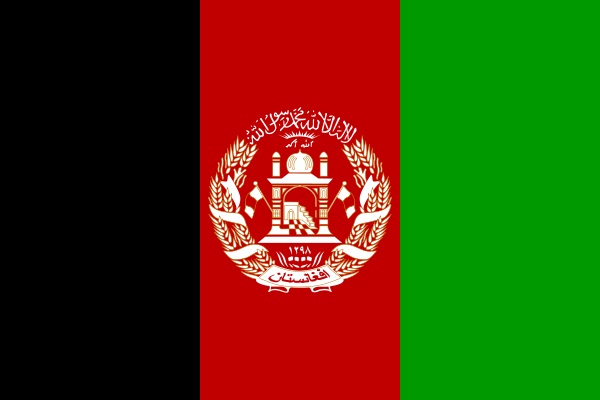
Dari

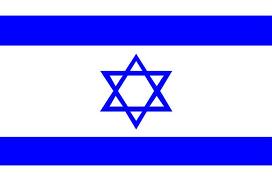
Hebrew
Alphabet:
בּ ב ג גּ ג׳ ד דּ ד׳ ה ו וּ וֹ ו׳ ז ז׳ ח ט י ִי כּ ךּ ך כ לם מ ן נ ס ע פּ ףּ פ ף ץ צ ץ׳ צ׳ ק ר שׁ שׂ תּ ת
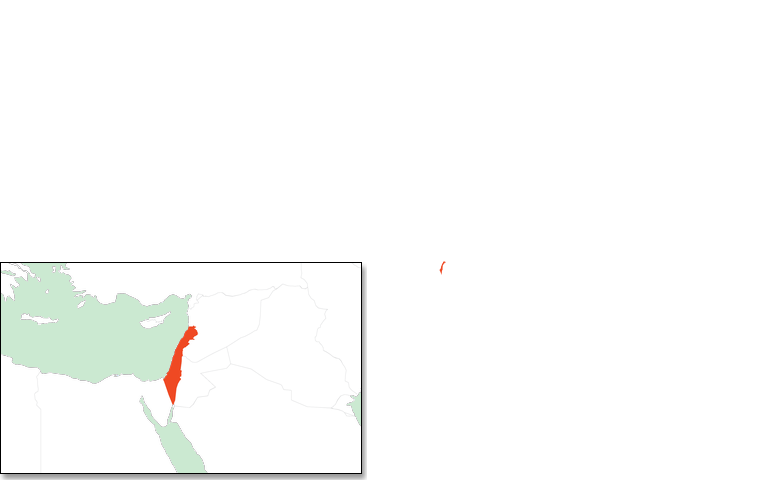
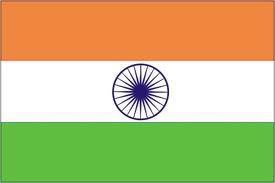
Hindi
- Official language in India
- Close too 500 million speakers (including dialects)
- 4th largest language of the world
Alphabet:
अ ब भ क च छ ड/द ध/ढ़ इ फ ग घ ह ई ज क ख ल म न/ण ऑ प फ क्यू र स श ट/त ठ/थ उ व व क्ष य झ

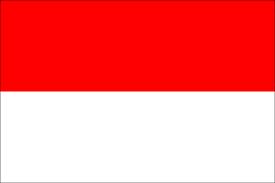
Indonesian
Alphabet:
A B C D E F G H I J K L M N O P Q R S T U V W X Y Z
a b c d e f g h i j k l m n o p q r s t u v w x y z


Japanese
Alphabet:
Hiragana (ひらがな)
あいうえおかきくけこさしすせそたちつてとなにぬねのはひふへほまみむめもやゆよらりるれろわをん がぎぐげござじずぜぞだぢづでどばびぶべぼぱぴぷぺぽぁぃぅぇぉっゃゅょ、。
Katakana (カタカナ)
アイウエオカキクケコサシスセソタチツテトナニヌネノハヒフヘホマミムメモヤユヨラリルレロワヲン ガギグゲゴザジズゼゾダヂヅデドバビブベボパピプペポァィゥェォッャュョー
Kanji examples
自動, 計算, 費用, 納期, 即時, 提示, 天気, 管理, 健康, 旅行, 料理, 鍋

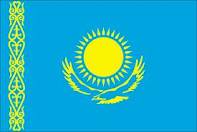
Kazakh
- Official language in Kazakhstan with approximately 10 million speakers
- 3 million speakers in other countries
Alphabet:
а ә б в г ғ д е ё ж з и й к қ л м н ң о ө п р с т у ұ ү ф х һ ч ш щ ъ ы і ь э ю я
А Ә Б В Г Ғ Д Е Ё Ж З И Й К Қ Л М Н Ң О Ө П Р С Т У Ұ Ү Ф Х Һ Ч Ш Щ Ъ Ы І Ь Э Ю Я

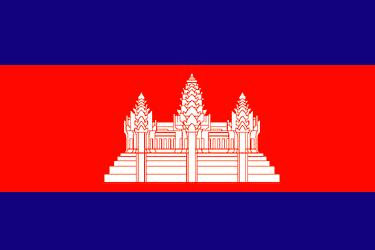
Khmer
- Official language of Cambodia
- 15 million native speakers, 12.6 million of whom live in Cambodia
Alphabet:
The Khmer alphabet consists of 33 consonants supported by vowels represented by diacritics written above, below and/or alongside on either side of the consonant to modify it. This example shows consonants without the vowel diacritics.
ក ខ គ ឃ ង ច ឆ ជ ឈ ញ ដ ឋ ឌ ឍ ណ ត ថ ទ ធ ន ប ផ ព ភ ម យ រ ល វ ឝ ឞ ស ហ ឡ អ
Khmer numerals (0 to 9):
០ ១ ២ ៣ ៤ ៥ ៦ ៧ ៨ ៩
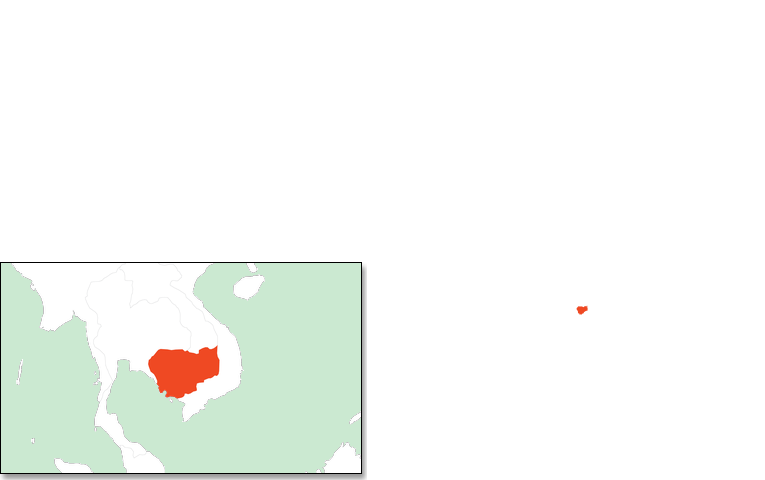
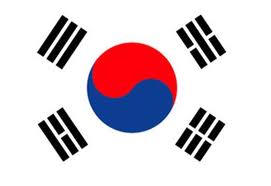
Korean
- Korean is the official language in South and North Korea.
- Korean has around 80 million native speakers including North Korean.
Alphabet:
Consonants:
ㄱ, ㄴ, ㄷ, ㄹ, ㅁ, ㅂ, ㅅ, ㅇ, ㅈ, ㅊ, ㅋ, ㅌ, ㅍ, ㅎ, ㄲ, ㄸ, ㅆ, ㅃ, ㅉ
Vowels:
ㅏ, ㅑ, ㅓ, ㅕ, ㅗ, ㅛ, ㅜ, ㅠ, ㅡ, ㅣ

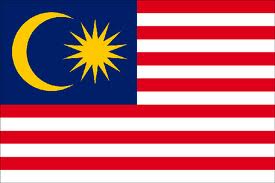
Malay
Malaysian uses the standard 26 letters in the Latin alphabet. The language can be said to be a mixture of many languages as it has borrowed many words from Arabic, Indian dialects, Persian, Dutch, Portuguese, Chinese dialects, and lately English. In the field of science and technology many English terms have been adopted. It is then heavily influenced by the Indonesian language.
- Official language in Malaysia and Singapore
- Use 26-letter Latin alphabet without any diacritics
- 10 million native speakers
Alphabet:
A B C D E F G H I J K L M N O P Q R S T U V W X Y Z
a b c d e f g h i j k l m n o p q r s t u v w x y z
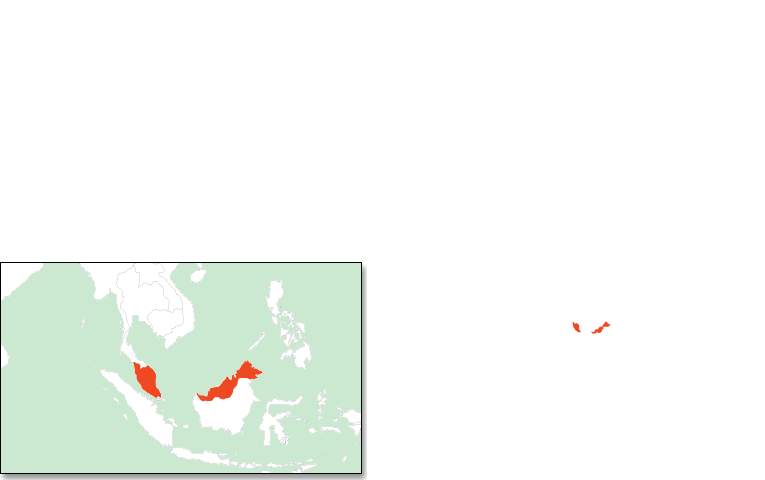
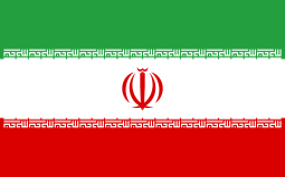
Persian
Alphabet:
ا، ب، پ، ت،5.ث، ج، چ، ح، خ، د، ذ، ر، ز، ژ، س، ش، ص، ض، ط، ظ، ع، غ، ف، ق، ک، گ، ل، م، ن، و، ه، یa

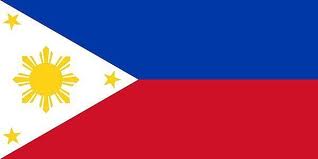
Tagalog
- One of two official languages of the Philippines (English is the other)
- 21.5 million speakers as a first language
- 70 million speakers as a second language
- Spoken by many ethnic minorities (1.5 million in the United States)
Alphabet:
A B C D E F G H I J K L M N Ñ NG O P Q R S T U V W X Y Z
a b c d e f g h i j k l m n ñ ng o p q r s t u v w x y z
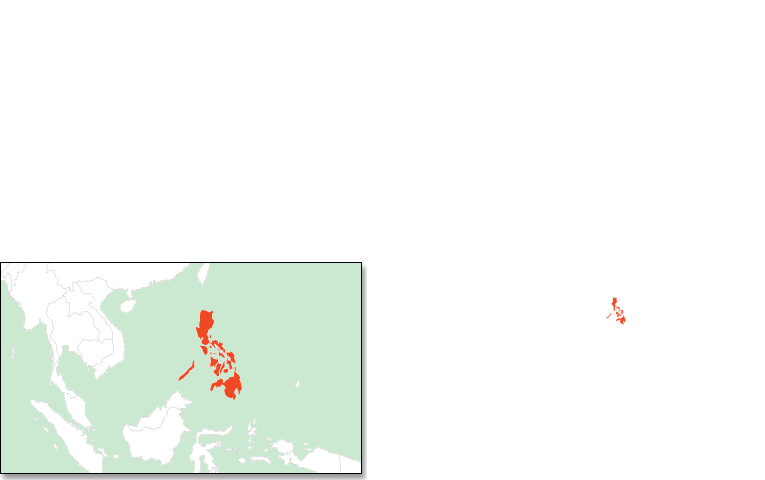
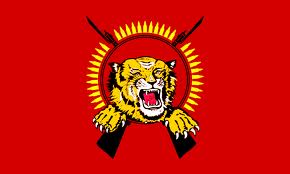
Tamil
- Official language in Sri Lanka, Singapore and the south Indian states of Tamil Nadu, Andaman and Nicobar Islands, and Puducherry
- Around 85 million native speakers
Tamil script
Vowels:
அ ஆ இ ஈ உ ஊ எ ஏ ஐ ஒ ஓ ஔ
Consonants:
க் ங் ச் ஞ் ட் ண் த் ந் ப் ம் ய் ர் ல் வ் ழ் ள் ற் ன்
Tamil numerals (0 to 10)
௦ ௧ ௨ ௩ ௪ ௫ ௬ ௭ ௮ ௯ ௰


Thai
Thai words are often – although not always – composed of characters. That means in one single column, there may be up to three characters including consonant, vowel, and tone composed together.
Alphabet:
Consonants:
ถ ท ธ น บ ป ผ ฝ พ ฟ ภ ม ย ร ล ว ศ ษ ส ห ฬ อ ฮ ก ข ฃ ค ฅ ฆ ง จ ฉ ช ซ ฌ ญ ฎ ฏ ฐ ฑ ฒ ณ ด ต
Vowels:
ะ ั า ํ ิ ่ ่ ่ ุ ู เ โ ใ ไ ็ อ ว ย ฤ ฤๅ ฦ ฦๅ Tone forms:
่ ้ ๊ ๋

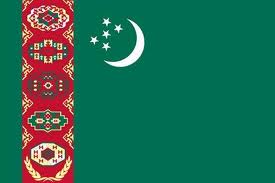
Turkmen
- Official language of Turkmenistan
- Approximately 4 million native speakers and another 4 million speakers as second language
Alphabet:
A B Ç D E Ä F G H I J Ž K L M N Ň O Ö P R S Ş T U Ü W Y Ý Z
a b ç d e ä f g h i j ž k l m n ň o ö p r s ş t u ü w y ý z

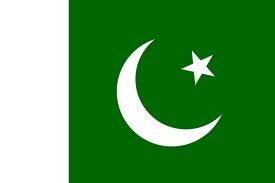
Urdu
- Official language of Pakistan (shared with English)
- One of 23 official languages of India with official status in several provinces
Alphabet:
ا ب پ ت ٹ ث ج چ ح خ د ڈ ذ ر ڑ ز ژ س ش ص ض ط ظ ع غ ف ق ک گ ل م ن و ہ/ﮩ/ﮨ ھ ء ی ے

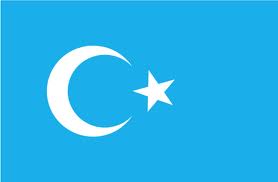
Uyghur
Uyghur writing dates back to the fifth century and is a writing system based on the Arabic script. This writing system still dominates today, although Uyghur also can be written in two different Latin alphabets as well as Cyrillic. In Xinjiang, the Uyghur Arabic script is adopted as the official writing system, while the other alphabets are primarily used in areas outside Xinjiang.
- Official language in Xinjiang (West China)
- 8-11 million native speakers
Alphabet:
ا ئە،ە ب پ ت ج چ خ د ر ز ژ س ش غ ف ق ك گ ڭ ل م ن ھ ئو،و ئۇ،ۇ ئۆ،ۆ ئۈ،ۈ ۋ ئې،ې ئى،ى ي

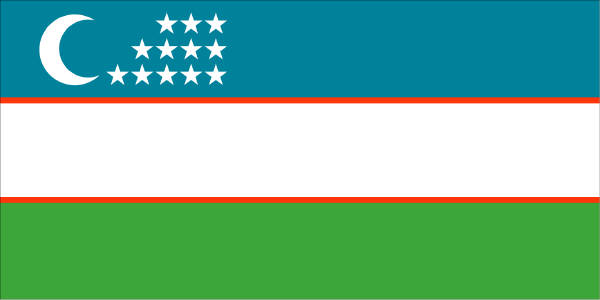
Uzbek
- Official language of Uzbekistan
- 25 million native speakers in Uzbekistan
- Around 12 million speakers in other Central Asian countries.
Latin alphabet:
A B D E F G H I J K L M N O P Q R S T U V W X Y Z O‘ G‘ Sh Ch
a b d e f g h i j k l m n o p q r s t u v w x y z o‘ g‘ sh ch
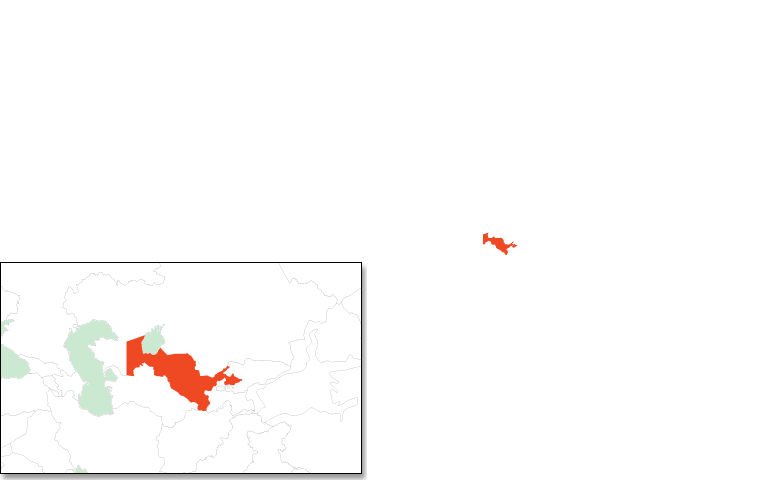
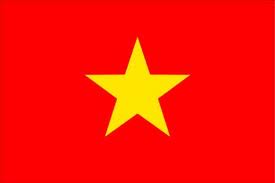
Vietnamese
Alphabet:
A Ă Â B C D Đ E Ê G H I K L M N O Ô Ơ P Q R S T U Ư V X Y
a ă â b c d đ e ê g h i k l m n o ô ơ p q r s t u ư v x y
Latin alphabet:
A B D E F G H I J K L M N O P Q R S T U V W X Y Z O‘ G‘ Sh Ch
a b d e f g h i j k l m n o p q r s t u v w x y z o‘ g‘ sh ch

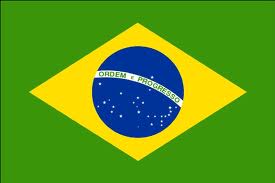
Brazilian Portugese
- Brazilian Portuguese has 181 million native speakers
- Brazilian Portuguese is a very rich and complex language due to its phonological system.
The following characters also exist: Á, Â, Ã, À, Ç, É, Ê, Í, Ó, Ô, Õ, Ú, Ü.
They are not regarded as independent letters and do not have separate entries in dictionaries. The trema on Ü is currently only used in Brazilian Portuguese.
Alphabet:
A B C D E F G H I J L M N O P Q R S T U V X Z
a b c d e f g h i j l m n o p q r s t u v x z

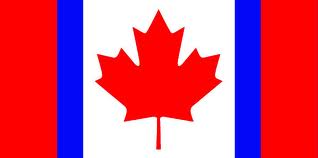
Canadian French
- There are over 9.5 million French speakers living in Canada, representing nearly one-third of Canada’s population. French is a minority language in Canada, but a majority language in the province of Quebec.
- Montreal, Quebec, is the largest French-speaking city in North America, and among the largest French-speaking cities in the world.
- Canada is a member of La Francophonie, as well as the Commonwealth of Nations.
The French alphabet is the same as the English one, but includes diacritics: à, â, é, è, ê, ë, î, ï, ô, ù, û, ç.
Alphabet:
A B C D E F G H I J L M N O P Q R S T U V X Z
a b c d e f g h i j l m n o p q r s t u v x z

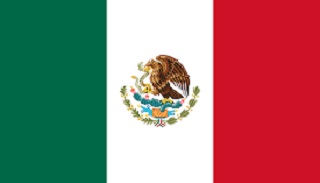
Mexican Spanish
- Mexican Spanish has somewhere around 10 different native varieties
- Geographically limited to Central America
- National language of Mexico together with 68 distinct indigenous Amerindian languages

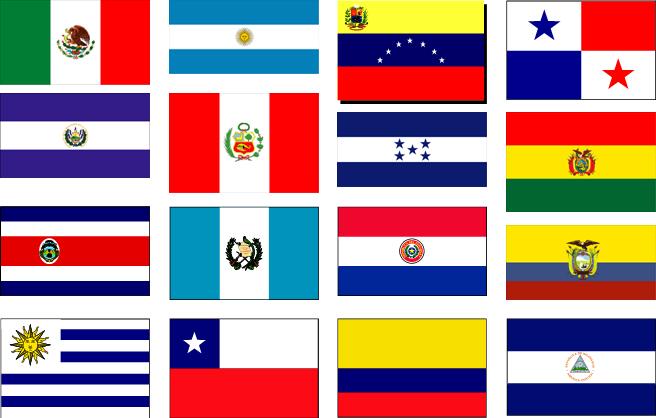
South-America Spanish

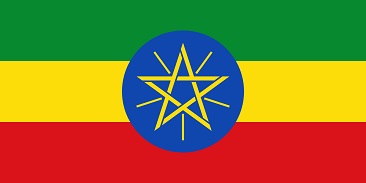
Amharic
Amharic is written from left to right, and the script, also known as Ge’es, relies on graphs, called fidel, that basically represent syllables, i.e. consonant and vowel combinations. The alphabet has 33 basic characters, each of which has seven forms depending on which vowel should be pronounced in the syllable.

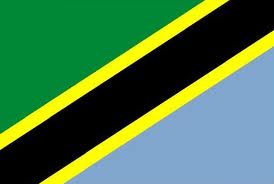
Swahili
Swahili is a language spoken in several East African countries, even reaching across the Mozambique Channel to northern Mozambique. It is a language that dates back at least 1,000 years. During the colonial period, it has been much influenced by German, English, Portuguese, French and even Arabic. Today, Swahili uses the Kiunguja dialect as a basis for standardization and regulated by National Swahili Council in Tanzania.
It is spoken by tenths of million of people, possibly even by more than on hundred million people, either as a primary or secondary language throughout the middle and eastern parts of Africa.
- Official language in Kenya, Tanzania, Uganda and Comoros
- Two writing systems: Latin and Arabic
Alphabet:
Swahili used to be based on the Arabic scripts, however, a writing system based on the Latin script is common today.
Latin version:
A B CH D E F G H I J K L M N O P R S T U V W X Y Z
a b ch d e f g h i j k l m n o p r s t u v w x y z

We Are idioma

I feel so good translating for idioma with my cat purring deeply while curled in my lap.

You need to be fast, accurate and on time if you want to live and translate in Istanbul..

What a small country is good at: no one outside of Holland speaks Dutch, but we all speak at least two other non-native languages!

Passion for transmitting. Mother languages: Basque and Spanish. Source languages: English and French. Translator and graduate Biologist.

Just finished simultaneous interpreting at another technical conference! Finally I can focus on the next captivating translation assignment for IDIOMA. Helping people communicate across languages has always been my passion, and that is what still gives me a kick after 13 years in this business.

Living in a big city such as Sao Paulo means you work hard, play hard and enjoy it.

"If you talk to a man in a language he understands, that goes to his head. If you talk to him in his language, that goes to his heart." - Nelson Mandela

"It is so easy to combine translation with travelling. The last time I translated for idioma the previous month, I was near the Egyptian pyramids! "

Now when they are bringing the cattle down from the mountains in Austria… I take my time to translate for idioma.

I am a native Thai and fluent in English. I am currently based out of Detroit, Michigan (not looking forward to the freezing winter!) My professional experience has been in marketing communications, with the past 4.5 years focus in digital marketing.

Through dark and rainy months, idioma helps me to burn the midnight oil.

It’s a great day for a walk, but I was thinking since I’m not really up for it, maybe I’ll just stay home and read a nice book.

I am an English language enthusiast and I love working on my language skills by translating for idioma.

Time is moving fast in Bucharest, new things arise at each step, but in a world constantly in motion idioma remains the same: perfect translations.

Such a dreadful weather. Wish I could stay at home and translate something!

A bad reputation lasts for ten thousand years.....but a good reputation lasts a hundred generations!

Always sunny here in Ljubljana...so I translate in the shade!

It is a real pleasure to translate together with idioma team professionals...

"Translating for idioma, but always close to the beach"

Greek interpreter / GIS developer with a predilection for learning new language skills as well as meeting new cultures and ideas.

My forte is English to Amharic, Oromo and vice versa.

Translator, proofreader from Mexico, native Spanish speaker.

Winter again in Gothenburg… It has been rainy, windy and then there is all that snow. It is good to stay indoors, have a cup of coffee and work on some translations.

I have been translating for more than 6 years

"Translating for idioma offers you a global outreach, it is great to bring your contribution to such a network."

Working as a legal secretary in Spain, but I am Norwegian, married to a Dutchman.

I love to help out with Polish language matters.

One thing well said will be wit in another language

My name is István. I live in a small town, which has many advantages compared with living in a big city: there is less noise and more peace – the environment is optimal for making good translations.

These dark, silent evenings are perfect...for work!

Translation is at best an echo...

Scientia dux vitae certissimus

38 year-old translator from Denmark. I love my 4 children and have a huge passion for languages, translation and soccer. Honesty, ambition and humour are very important values to me, and as a person I would describe myself as based upon those.

I like tennis. No, I’m not a sportswoman. :). I’m just a fan. During big tournaments, I spend much of my time watching matches, supporting and discussing with fans throughout the world. It’s awesome. Btw, the Davis Cup final will be soon, so join and enjoy. — From Ukraine with love. Love&Peace to U All!

Berlin is just the perfect place to be for me... Fascinating, lively, international, and a million things to do! When I am not translating for idioma, I meet up with different language tandems to have a coffee and talk in English, French, Spanish... and of course German!

As a freelance translator, I am aware that quality and deadline are the most important priorities. Therefore, I always do my best to offer my best services for long-term cooperation.

The road to professionalism as translator and interpreter: Punctuality, precision, responsibility, durability, readability and comprehensibility. There does not exist shortcuts otherwise.

As a business law student at the university of Linköping by day and a hockey referee by night, I like to enjoy a cup of black coffee (just a typical Swedish thing) while I catch up on idioma translations between lectures and games.

Translation in a long dry season like this is not always comfortable, but working with idioma is always exciting and fun!

After a thousands words done, time for running

The bad news is Time flies..BUT the good news is you are the Pilot 😉

My favorite quote is from Into the Wild (both book and movie) and I think it guides me through life: "Happiness is real only when shared".

7 years translation experience in Malay

I have studied translation in Budapest Business School to be able to meet the highest quality standards and chose swimming to be fit enough for the workloads.

I have always loved learning new languages, and I received my first 500-page book in English for Christmas when I was 10 years old. My enthusiasm for languages has only increased since then. Between my Japanese studies at university, I enjoy my English-to-Norwegian translation work for idioma.

Ready to run!

I wish I would have a chance to translate the secret language of our universe. For now, at least let’s translate those into Turkish!

A walk on the beach, a tango lesson, having coffee with my friends, spend some time outdoors absorbing all the beauty around me ... and an idioma translation at the end of the day :))))

Waiting for the Summer to come to Auckland... Nice beaches to visit and just enjoy the Big Blue Sea...

Portugal is known for its pleasant weather, stunning landscapes, superb beaches and delicious food. Lisbon is the perfect city to live and work, particularly if your job is translating for idioma (since 1995).

Rain and cold is always round the corner in England, so I make myself a cup of coffee (or two) and translate for idioma in the warmth of my home.

10 years of passion for quality Slovenian translations

Language has always fascinated me, with all its depths and nuances. Translating is really a challenge, since it requires me to put into words what is not always directly translatable. In that way I can put my own personal touch into it, which makes it an art!

It is sunny at last after a long time of cloudy days; I am also in a happy mood after a long time of sadness and depression…Too many things happened recently…anyway, life has to go on and life is so beautiful… I love my family and love my work.

Translating from sunny Valencia

I am busy in the arts sector in Edinburgh and, between my part-time jobs and my ballet classes, I have a busy and varied schedule – I enjoy translating very much and idioma gives me the opportunity to do it whenever I have some spare time!

Hi from rural England. I have two children, two dogs, two rabbits and six chickens and have been working as a translator for 9 years.

Translation is what I do for a living—and idioma is helping a lot with that—and writing fiction is what I also do for a living that transcends the here and now.

When I talk about my love I mean my family, when I talk about my hobby I mean fishing and when I talk about my work I mean translations for idioma.

Full-time freelance translator since 2007, BA in Foreign Languages, MA in Translation Theory and Practice, passionate about my work

Currently working on a new piece written for my instrument. It is always nice to rest while doing some translation for idioma!

You usually find me translating, reading a book or watching stand-up comedy (either on my computer or in a comedy club somewhere in Madrid).

... quite busy trying to play “Somewhere over the rainbow” with my brand new ukulele… my son is laughing and making horrible faces. I think it’s better to come back to my translation!

The weather is simply beautiful here in Egypt and I listen to the birds chirping on my window sill. What a lovely atmosphere to do some creative translations for idioma!

My two children are at school now, so I get a full day to translate for idioma!!

In a world filled with words, I am trying to find the proper ones, which could explain to my inquisitive daughter all its mysteries in as many languages as I master.

It is autumn in Almaty, Kazakhstan, and the city is full of entertainment, but there is always time for idioma translation.

If you can make it, I can translate it.

Living in Santos, Brazil, the leading port in Latin America, makes me kind of a World Citizen: ships coming and going made me eager to discover about other peoples. Learning languages was a goal, and translating is a natural consequence.

From Estonia with my cat, dog and books.

It seems to be a surprising career twist: studying evolutionary biology and subsequently ending up as a translator. I see it as a blessing. Not only does it give me an edge in my work, but also a unique perspective on interpersonal relationships and on life itself.

Trust me for Quality and Quick turn-around!

Currently in Istanbul, the city that spans over two continents and a place where I constantly try to be somewhere on time and fail. Well... at least the views are nice.

Living in Sardinia, there is nothing better than working for idioma lying on one of our fabulous beaches!

Digging in my garden, running with the dog and from time to time: relax with an idioma translation 🙂

Green tea prepared, fire set in the fireplace, iQube open and a bar of chocolate within close reach ... let´s start translating 🙂

I live and work for ten months on a beautiful mountain city named Nova Friburgo that has a mild climate, dreaming of two months of sun and beach in the wonderful city named Rio.

Translating... you can do it anywhere! I just moved to Paris and it is awesome. And you never know where I will be in two years, but you can always reach me by email 😉

I love sunny weather, sitcoms, rock-n-roll, coffee breaks, my tablet and my super-chromatic peril sensitive sunglasses... Looking forward to our next idioma project!

Translatin´!! I love it !! Gimme more translations!! I can never get enough!!

Enjoying an endless summer riding my bicycle in southern Italy... 🙂

If I had to pick the most rewarding aspect of translating it would be knowing that our work helps to break down frontiers and facilitate the building of international relationships.

Engineer and professional translator

Let’s start with some proofreading work for idioma! and enjoy a nice cup of fresh coffee and home made apple pie on a bright and sunny Sunday afternoon on my terrace. I enjoy translating and proofreading whenever and wherever I am, but also whenever I have time. This is an ideal way of working being a freelancer.

I love travelling..and translating...I love the latter, because it´s one of those few jobs that can be perfectly combined with the former

The Danube river that cuts Belgrade into halves accommodates numerous barges turned into floating cafes called “splavs”. I’m fortunate to be living near one of those, so I often take my laptop, order a frappe and translate for idioma.

There are two things I really love: Travelling and languages!!! And when translating for idioma, I can enjoy both of them at the same time 🙂

It’s amazing to be a part of this world class linguistic team! Five years, and I am so proud to have served millions of Russian language users around the World.

Cleaning out the wrong words from a translation, this might be a good idea 🙂

When translating I keep my brain trained, with kitesurfing I keep my body fit, and my family and good food make me always happy.

A happy Canadian camper that is guilty of all things Canadian: says thank you way too many times and thinks steak served with maple syrup is completely normal!

Buenos Aires, Argentina. I’ve just arrived home from my Tango lessons. I feel refreshed and inspired to catch up with my idioma translation.

I love early morning awakenings: after having taken care my plants, I enjoy my coffee while I’m translating for idioma on my porch. In the background, I hear the noises of crowded and bustling Athens … and I feel so lucky!

"..... keep translating... :)...."



"The original is unfaithful to the translation." Jorge Luis Borges